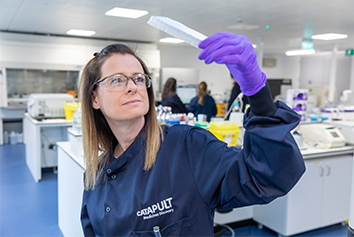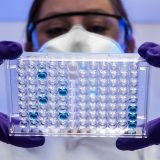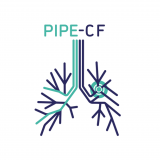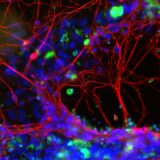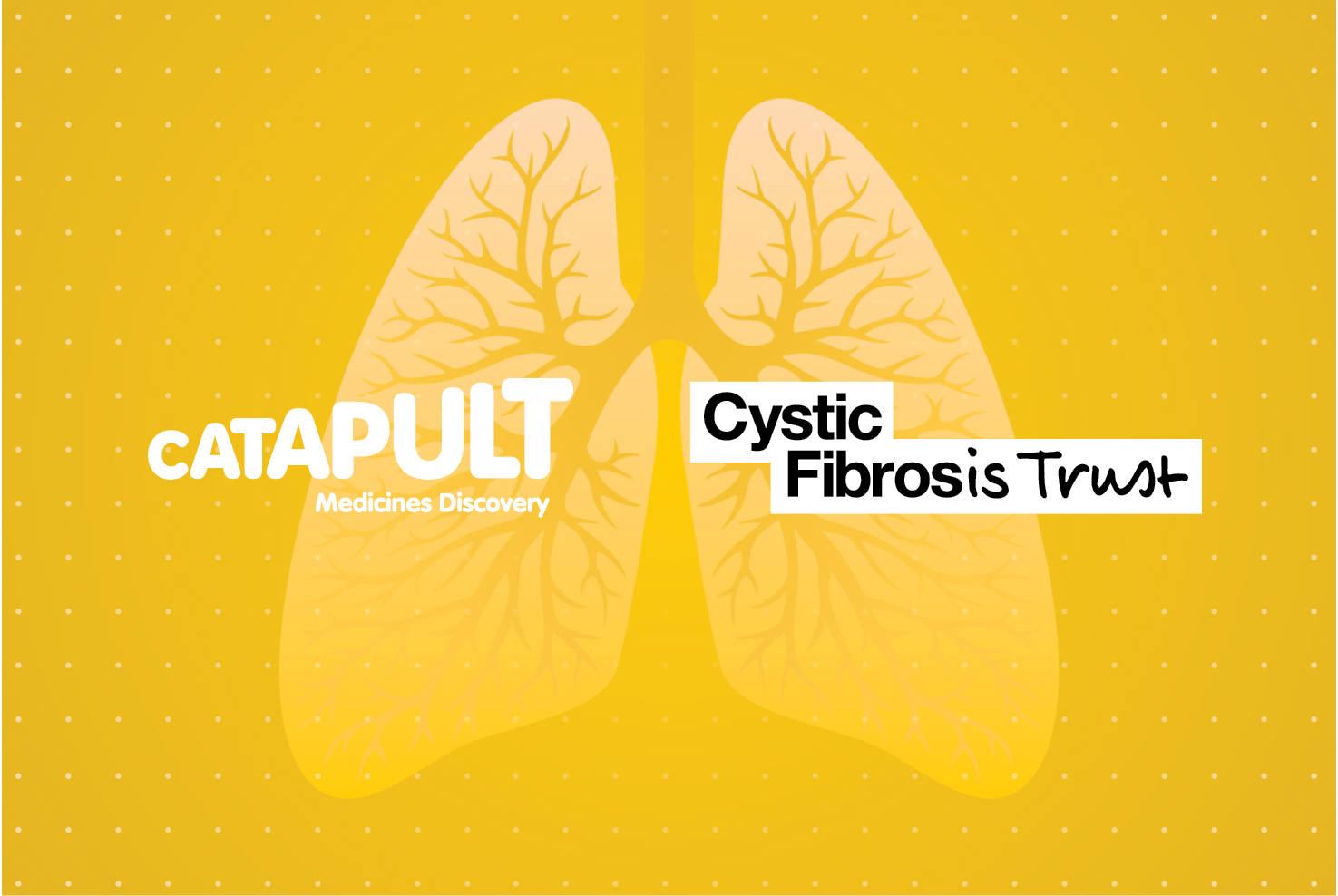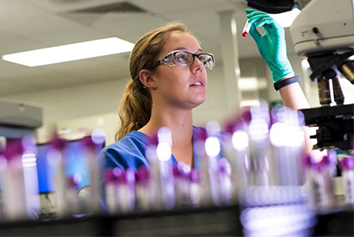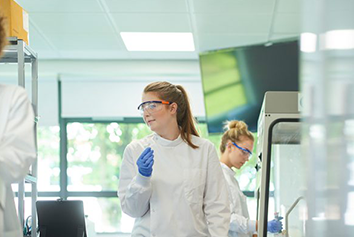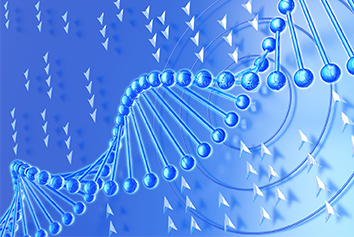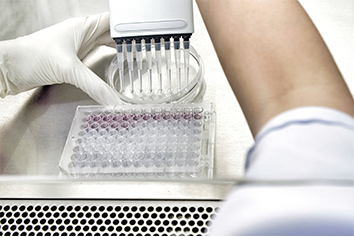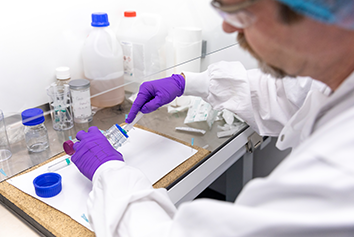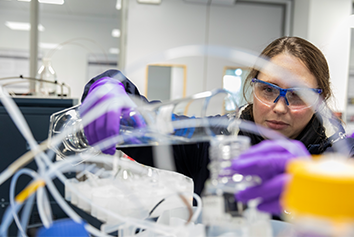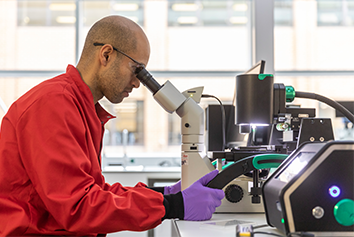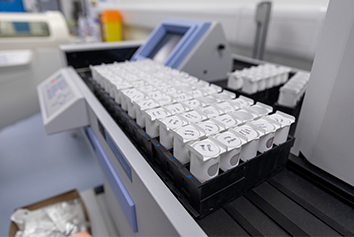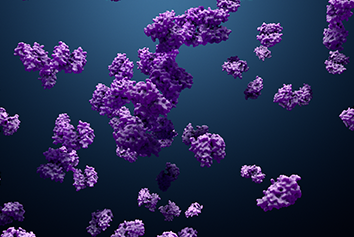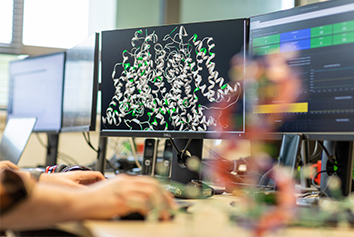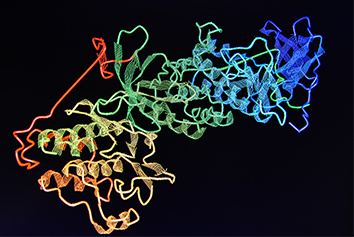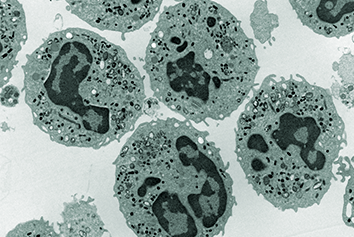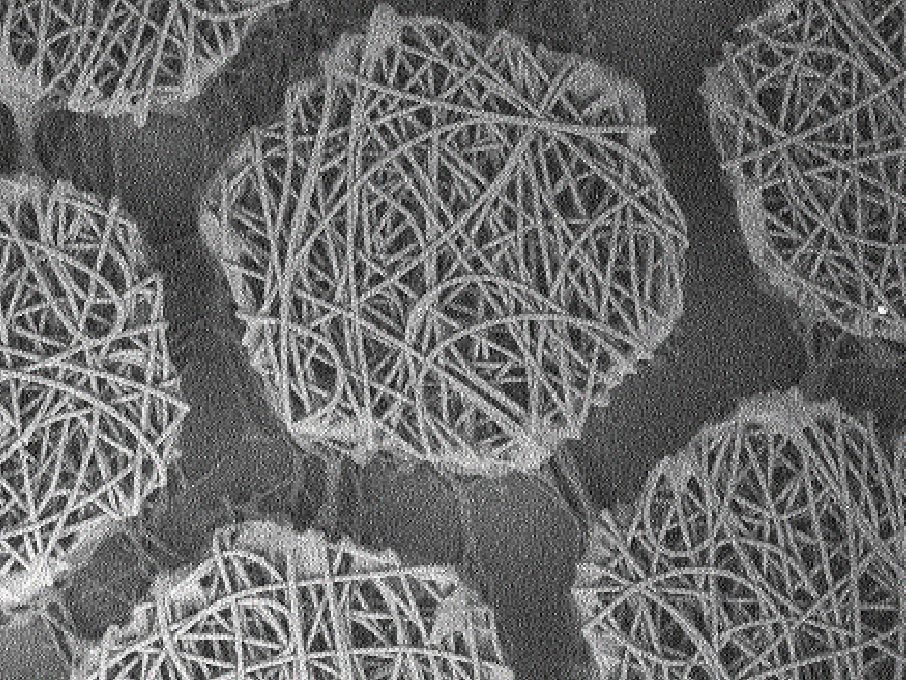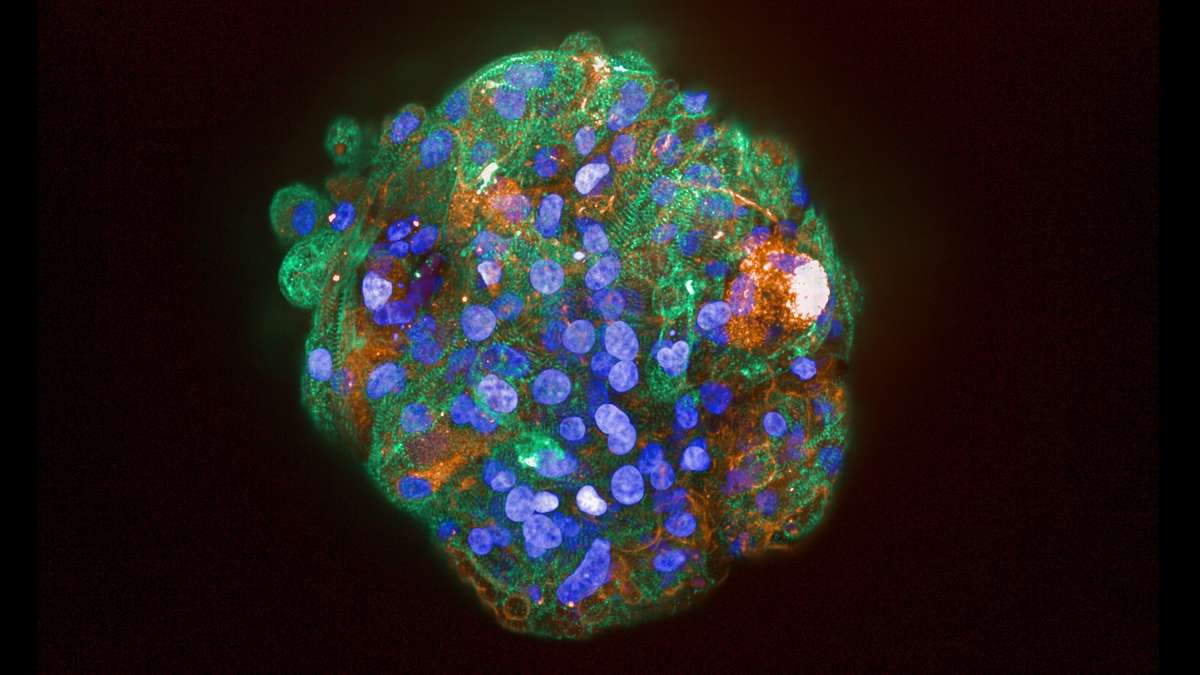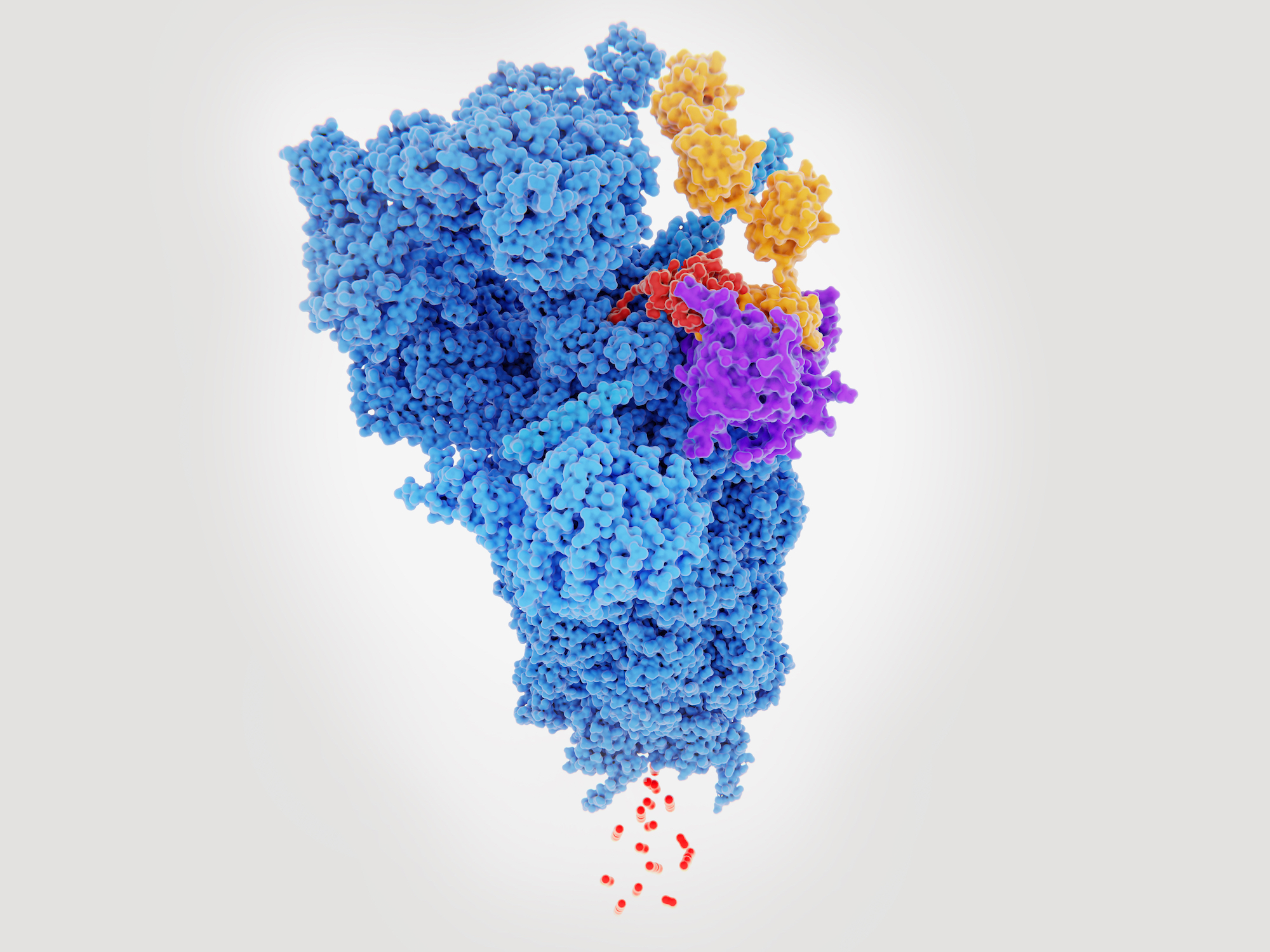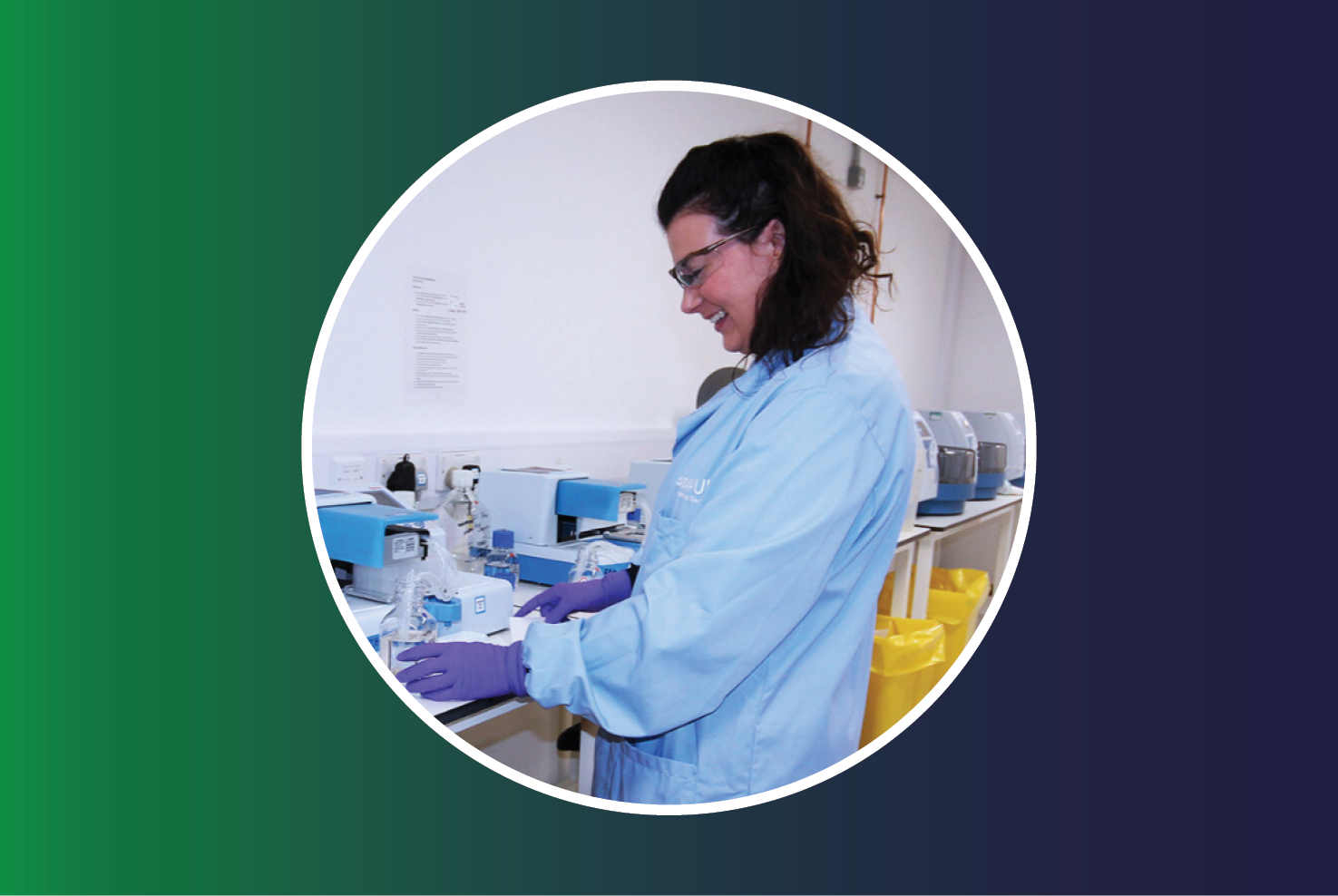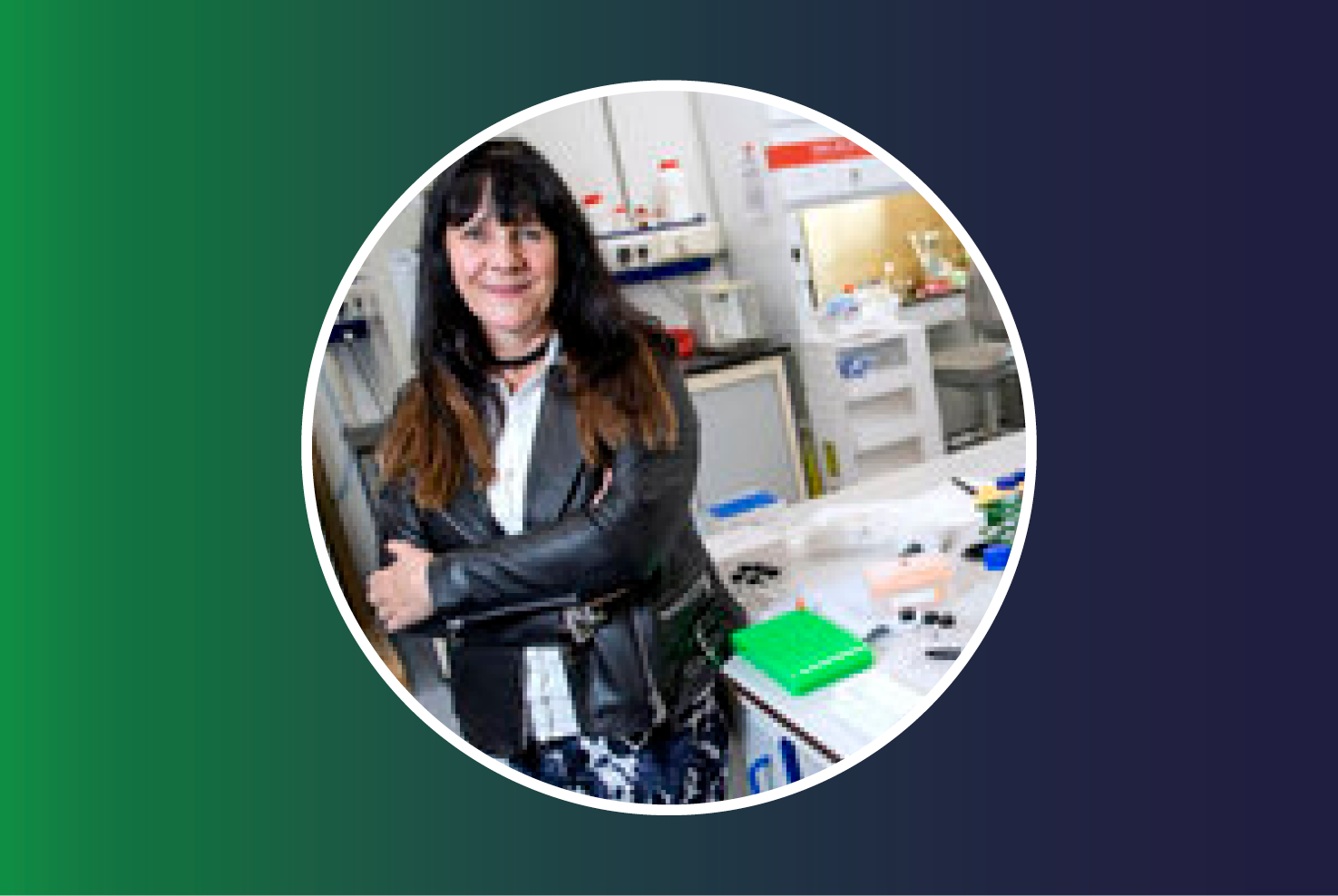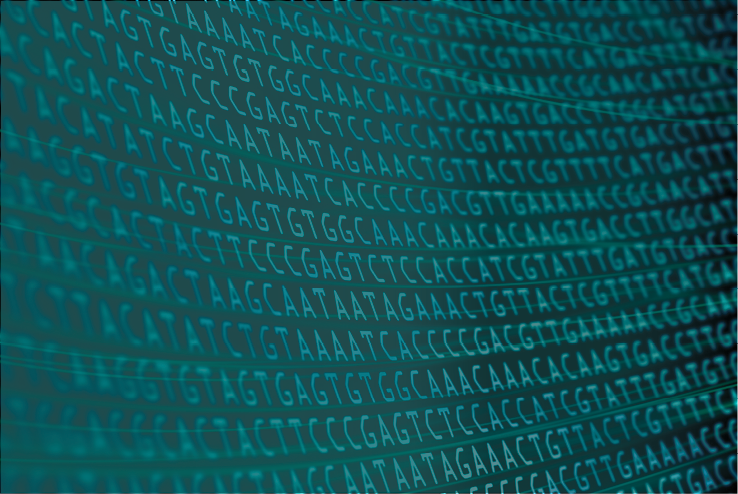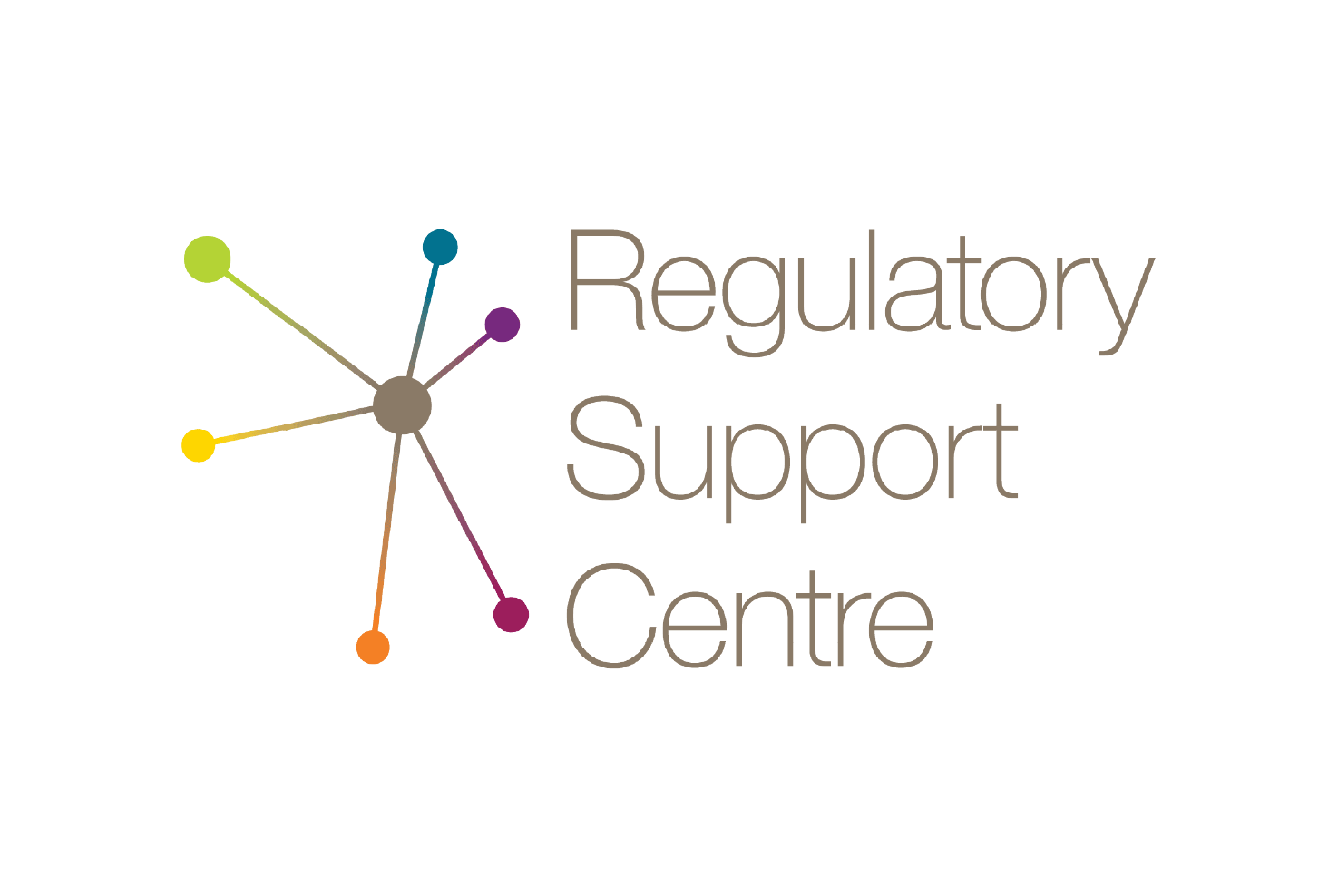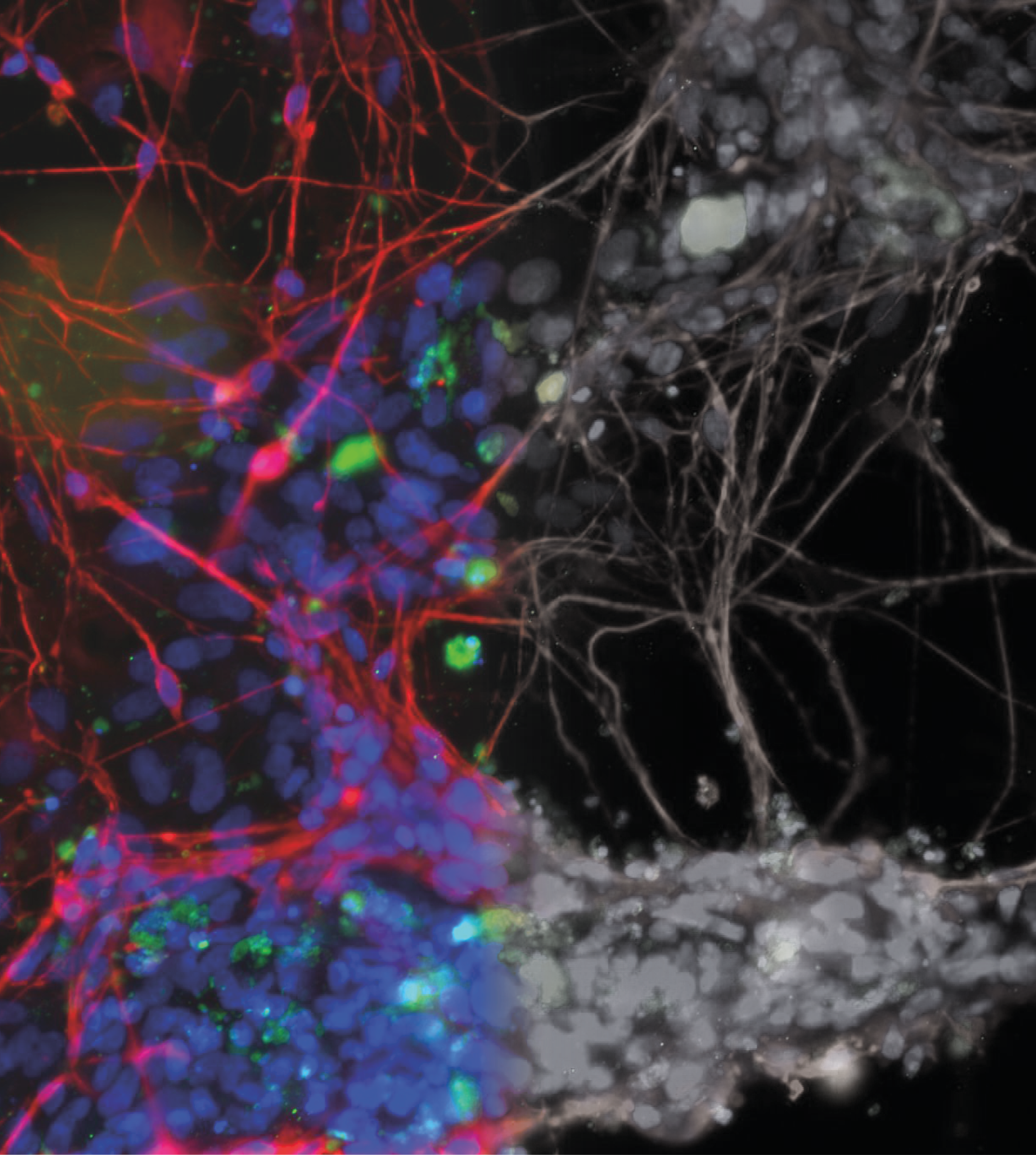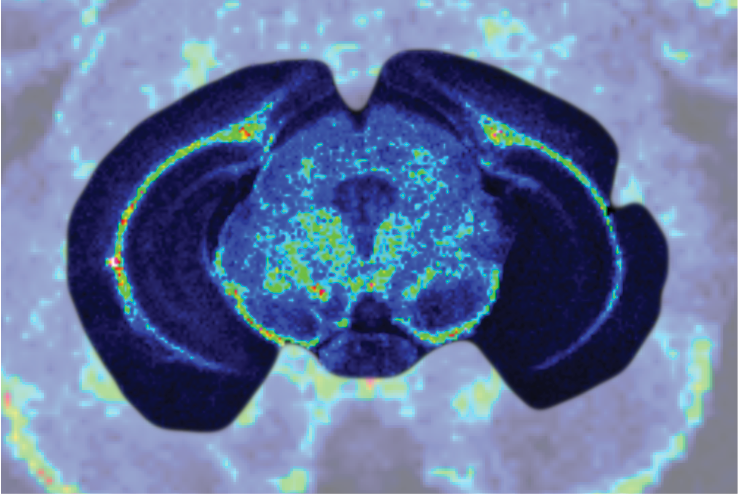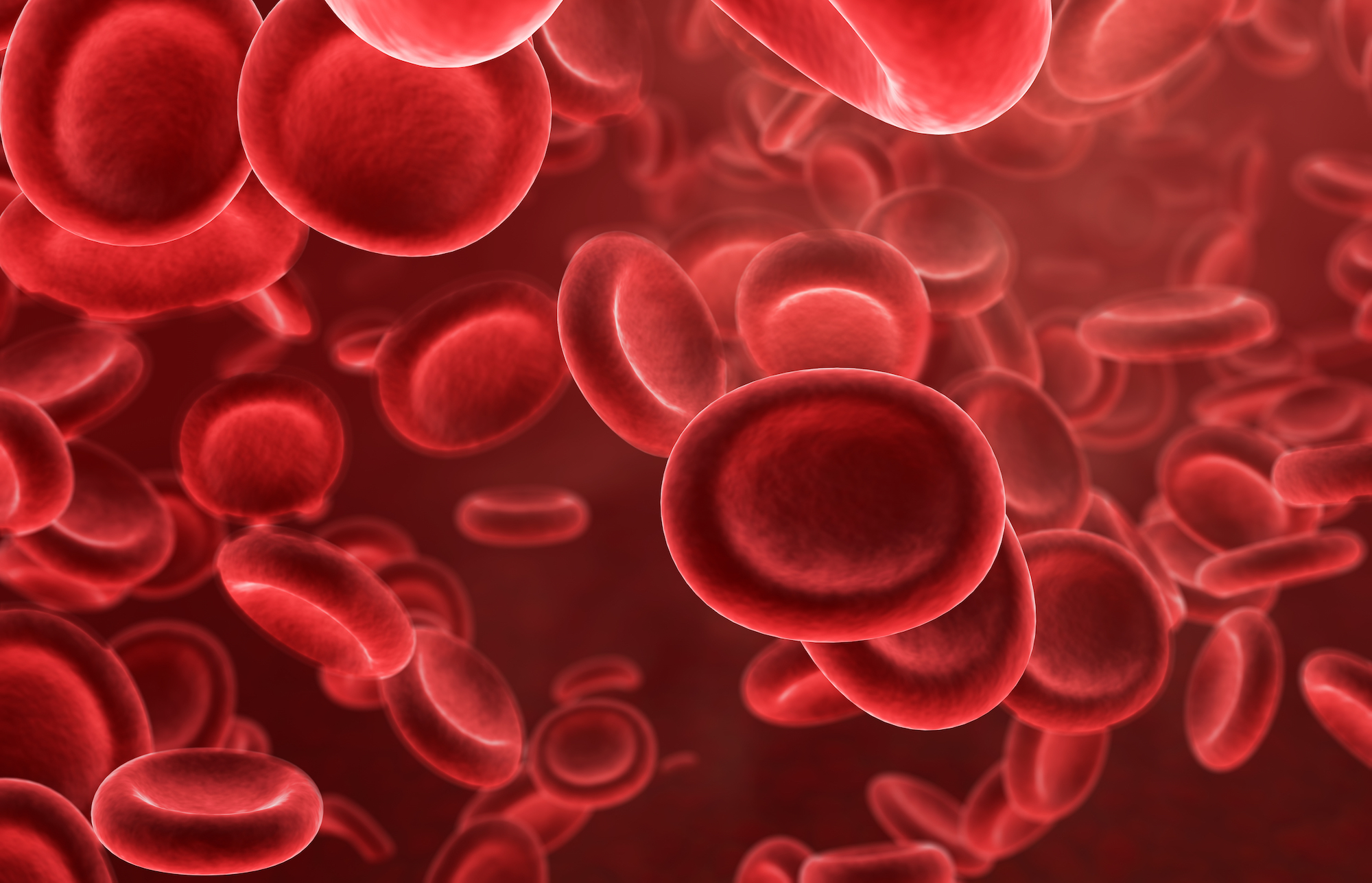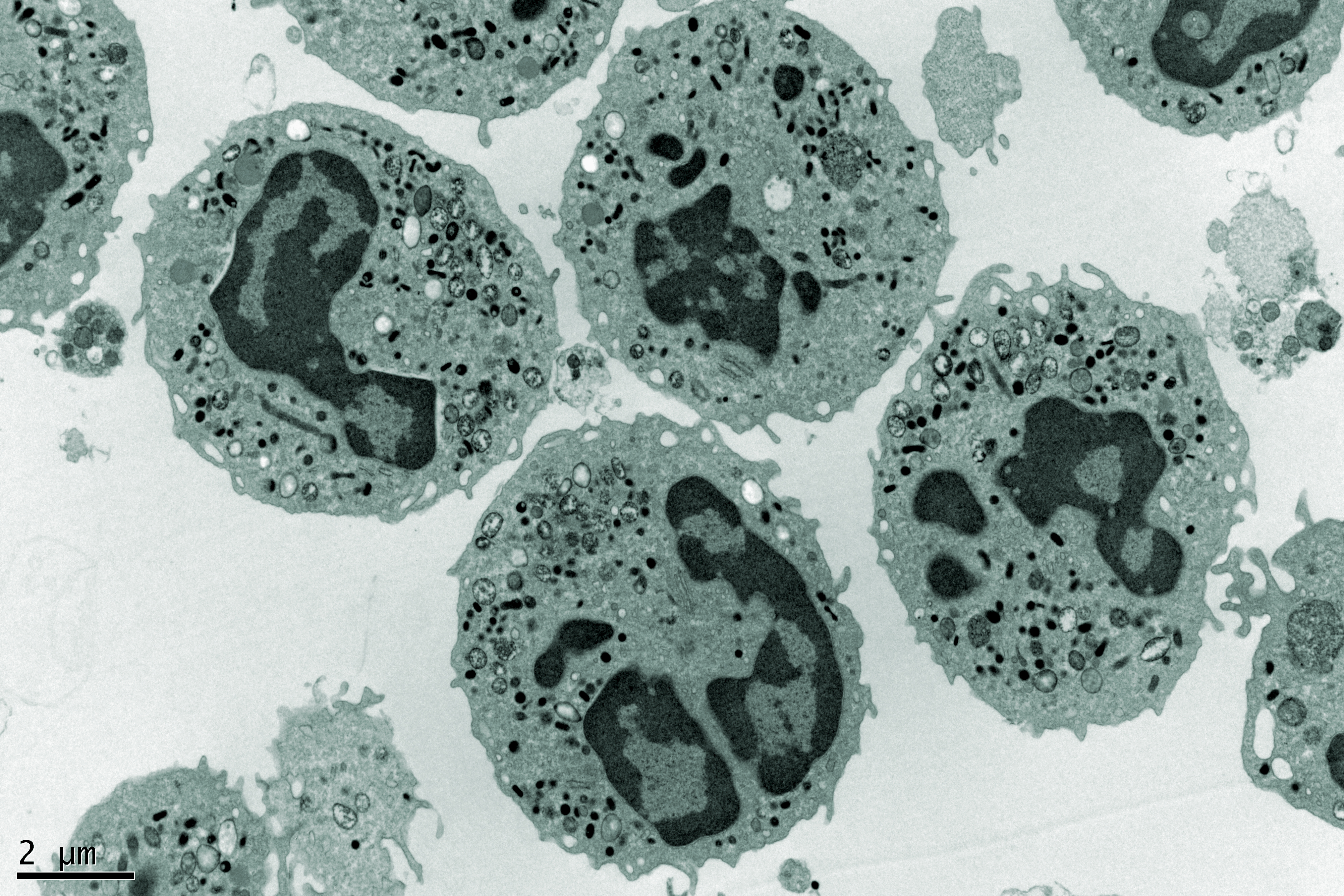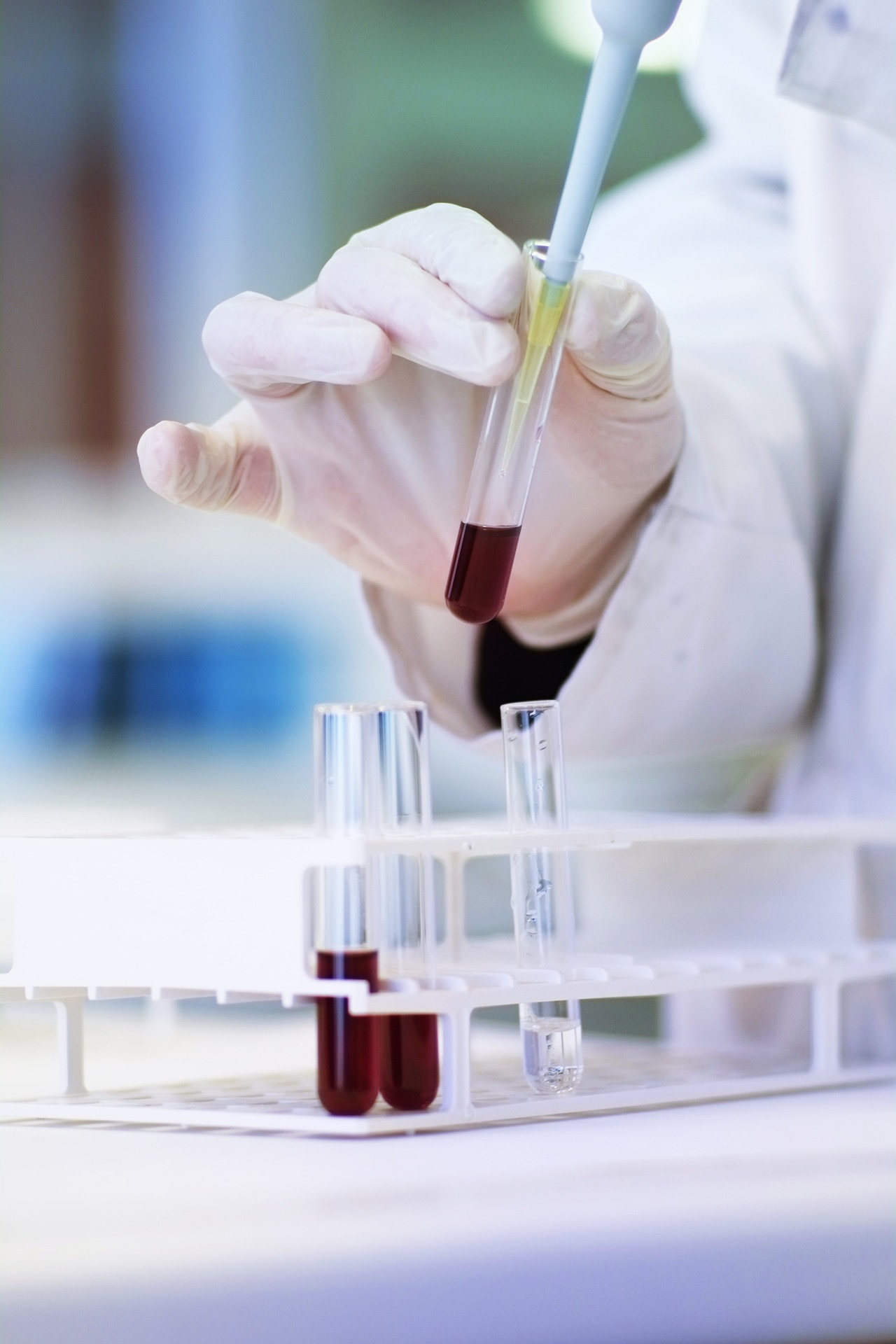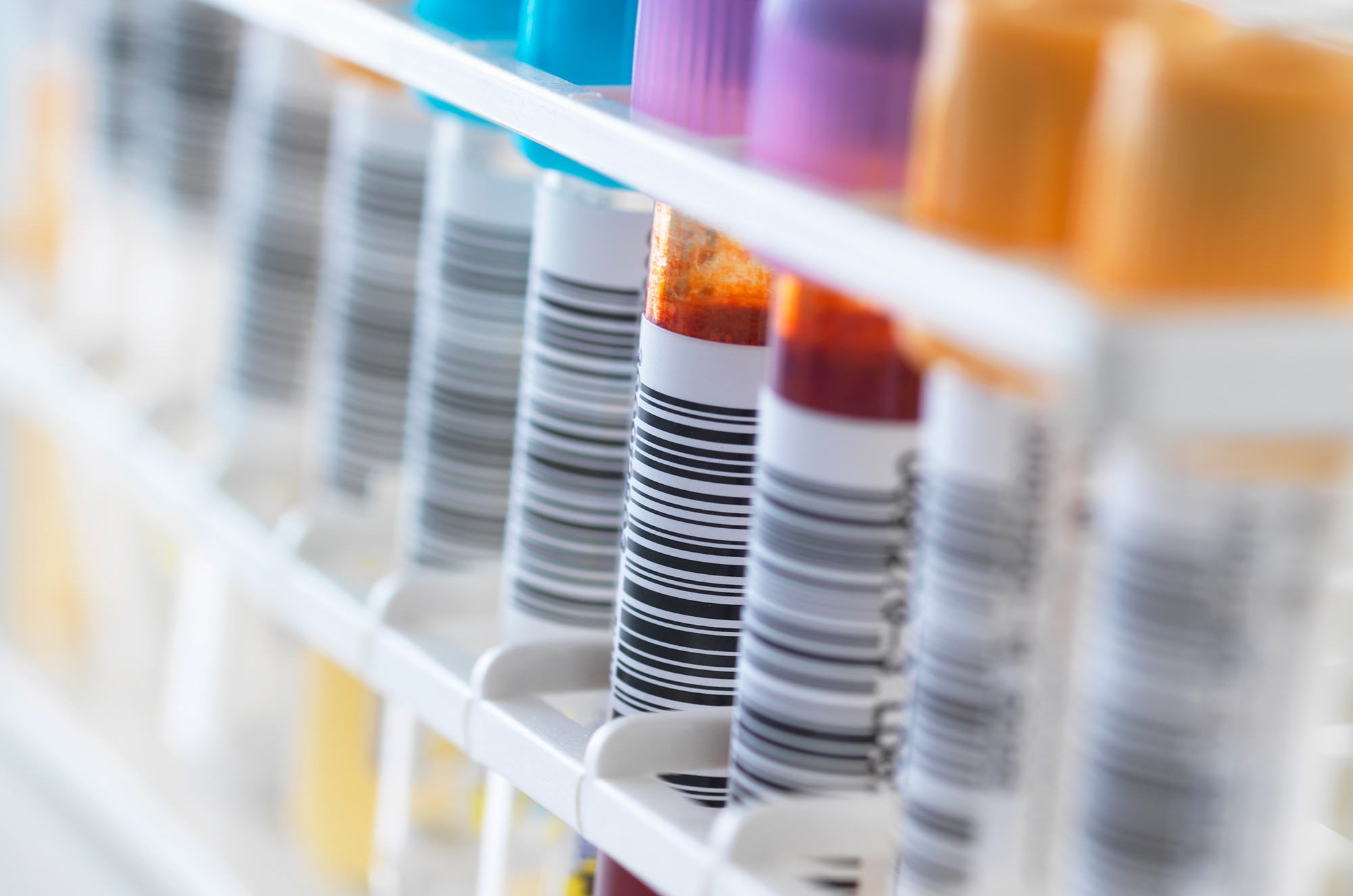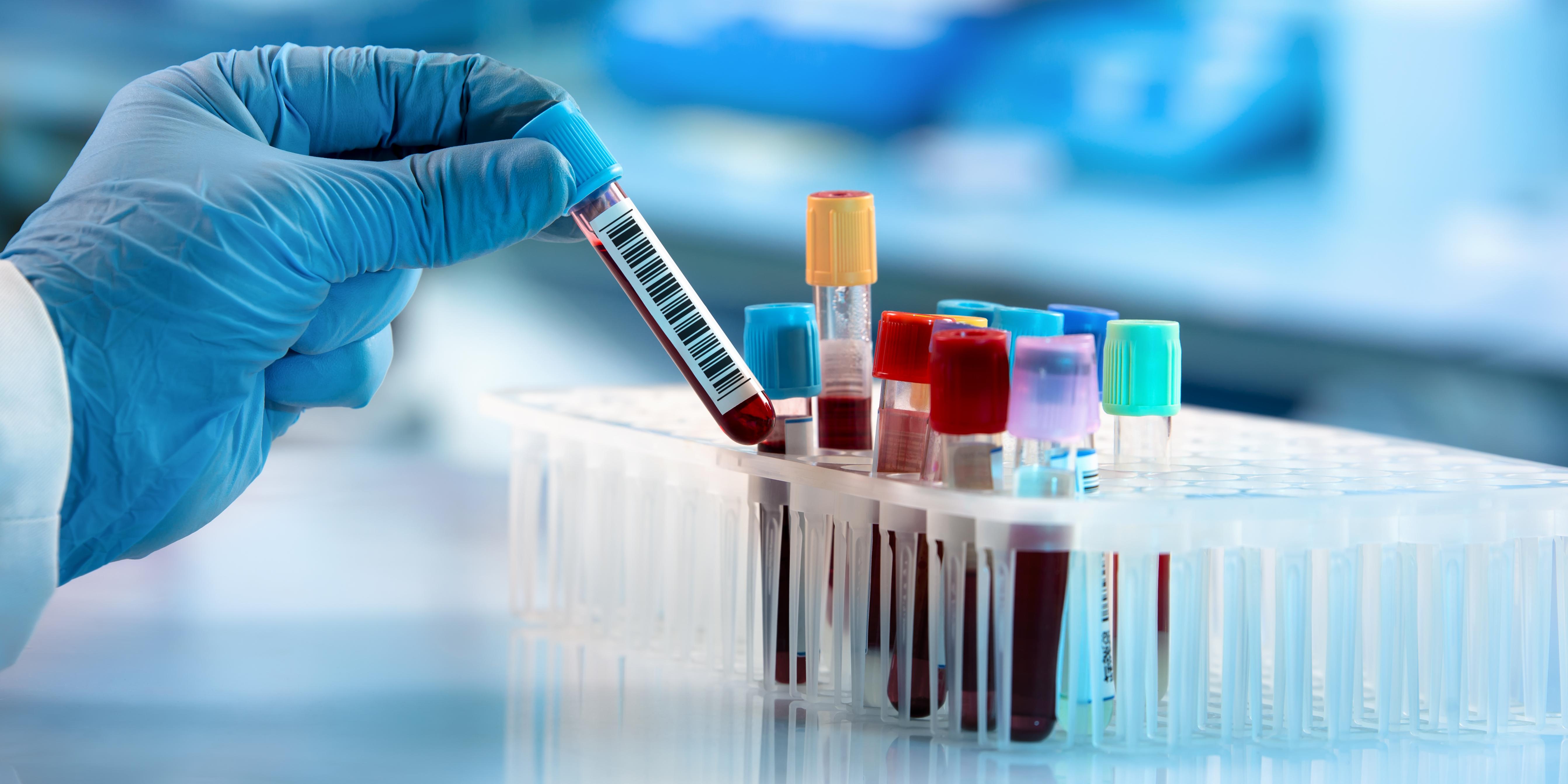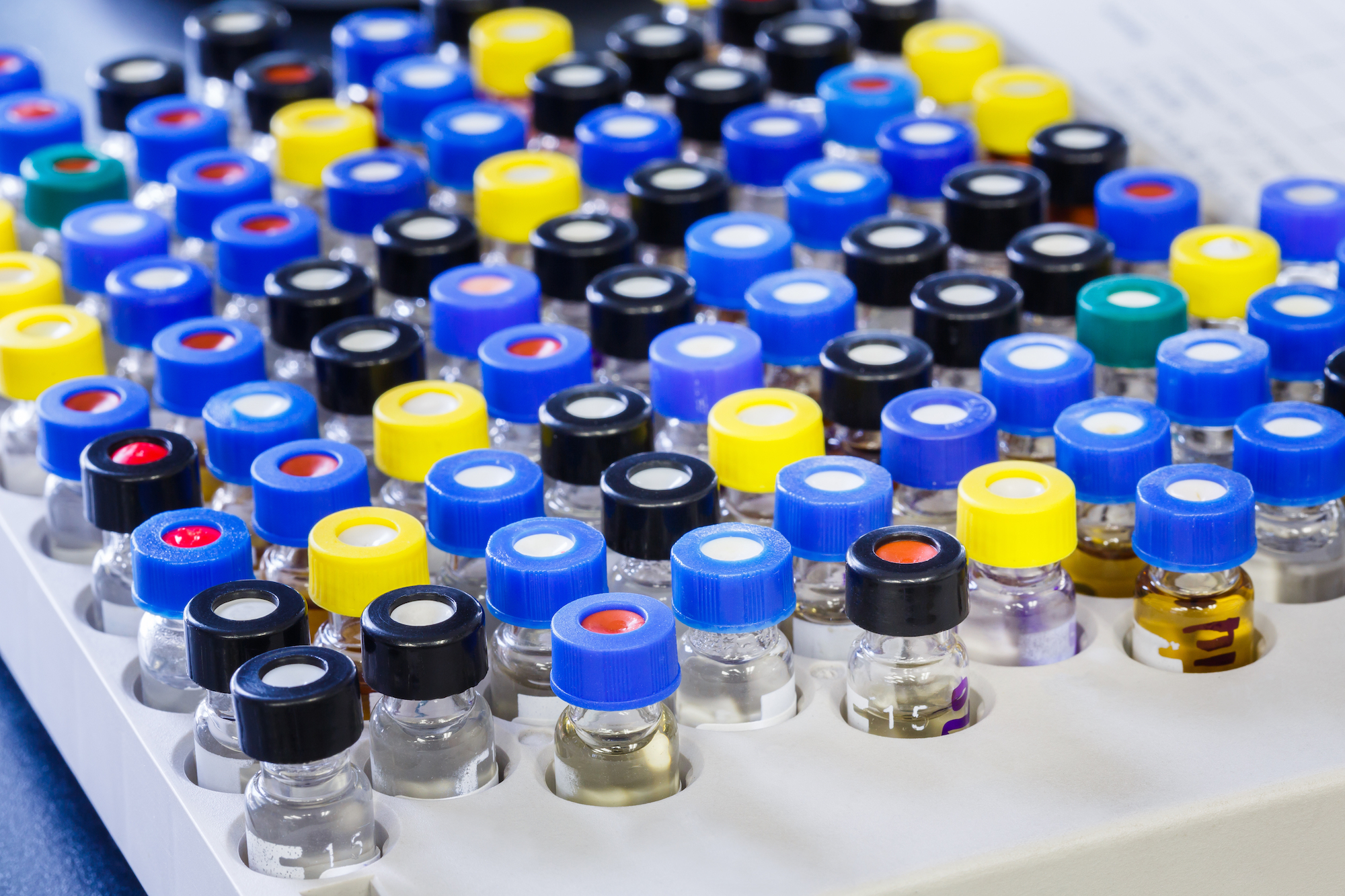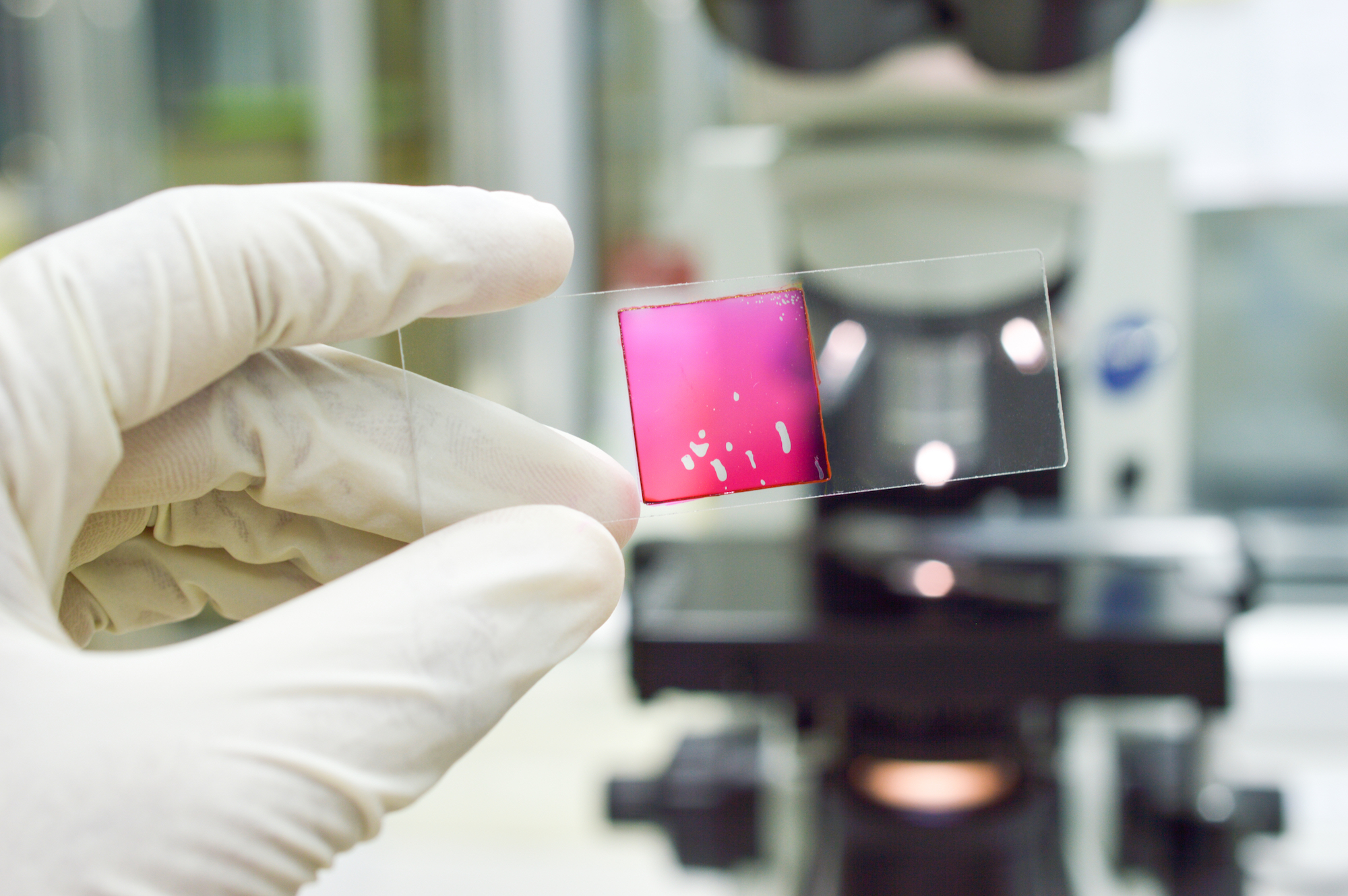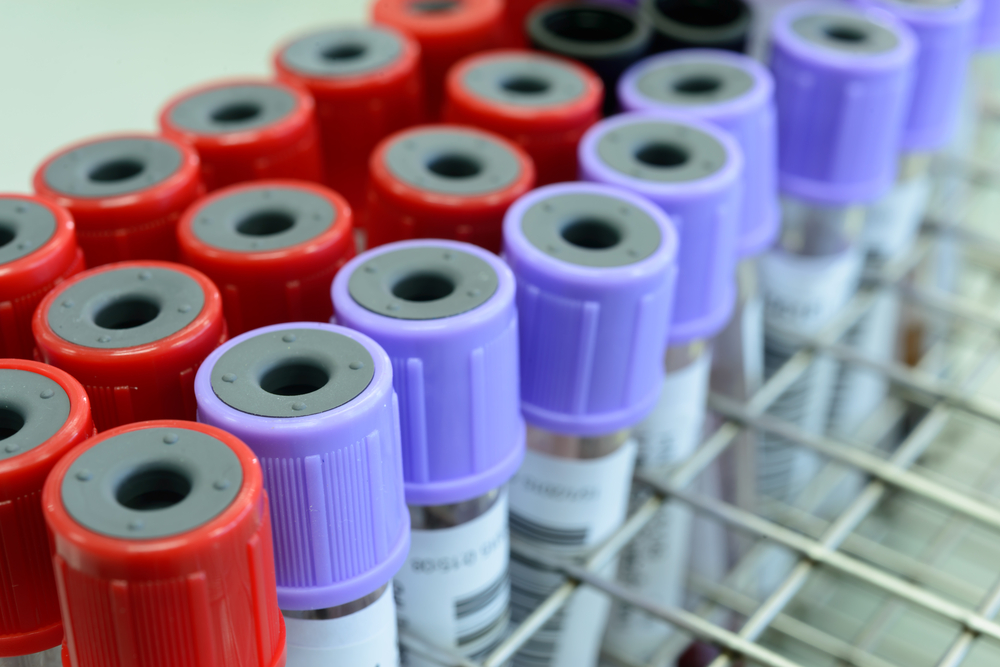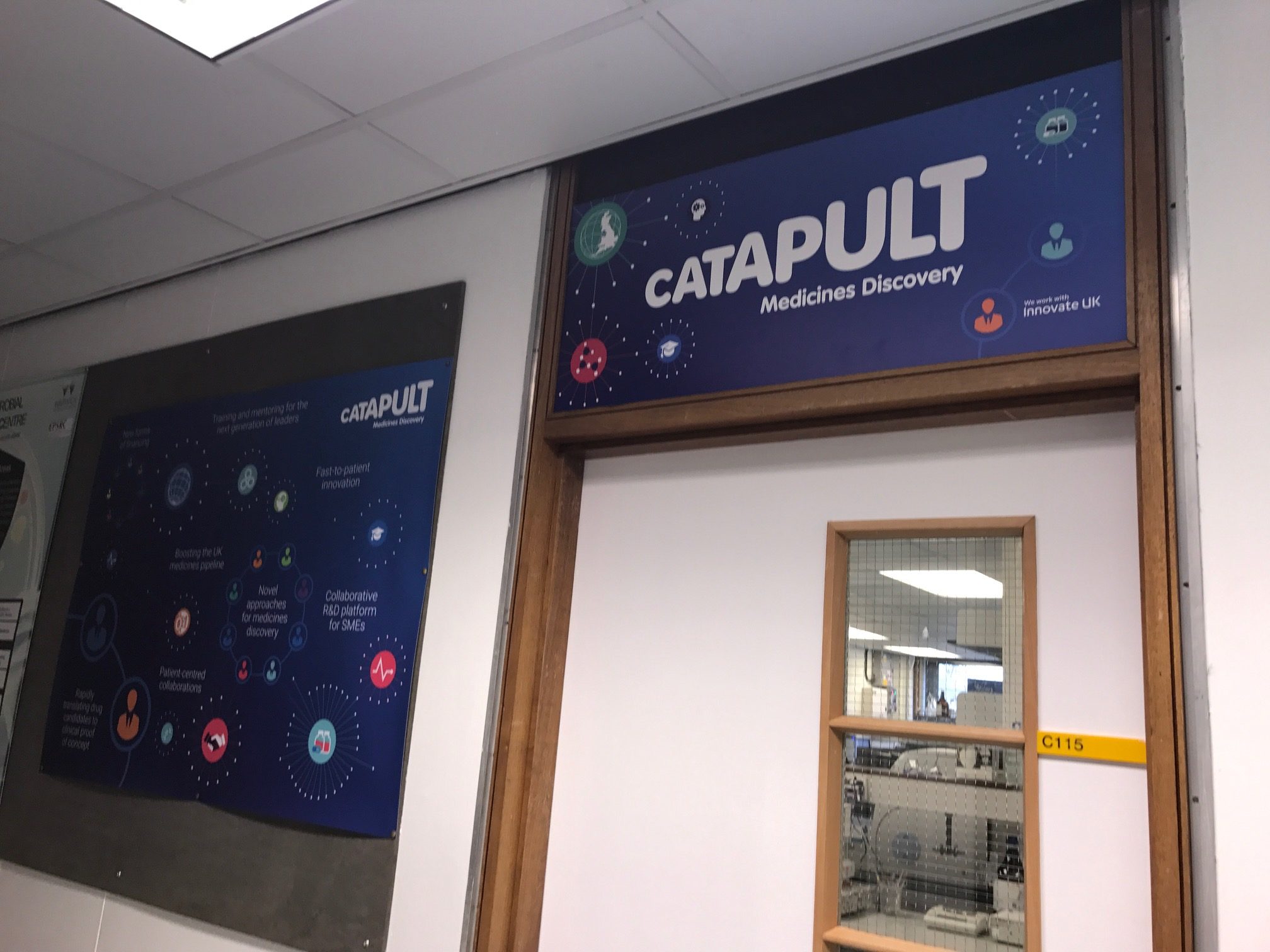What is a biomarker strategy, and why is it important?
This article is based on, Head of Biomarkers Gayle Marshall’s talk from the MDC Connects webinar series, Developing a Biomarker Strategy. You can watch the webinar here.
Within the drug discovery pipeline, there are several steps a compound must progress through prior to the clinical stage – initial target identification and validation, lead identification and optimisation and the pre-clinical stage. Even so, drugs that enter the clinic still have a high attrition rate due to lack of efficacy, PK/PD, safety issues or the wrong strategy, i.e. incorrect patient population.
The key to greater success is to understand the key clinical questions and build testable and scientific evidence to transition between the preclinical and clinical setting.
A biomarker strategy is developed to answer a range of key clinical questions and to help develop a robust clinical study. For example:
- what disease will the drug treat?
- who are the target patients within that disease?
- what dose will be used and how often i.e. daily, weekly etc.?
- how does the drug perform compared to current treatments/standard of care? A drug that is comparable to an established standard of care will not succeed
- will a combination therapy with the standard of care further improve treatment outcomes?
- could acquired resistance develop following long-term treatment?
An understanding of these key questions allows them to be tested in a preclinical setting to help mitigate some risks.
Optimal time to introduce biomarkers in drug discovery
Biomarkers should be introduced at the start of the drug discovery pipeline at target selection stage. It is important to understand the mechanism of action with the target and all the markers involved. This can be established using different multi analyte assays and techniques shown below to identify some key markers that can be monitored once the compound reaches the clinic, using a robust assay that has been developed during the biomarker identification.
Important considerations to build into a clinical trial design include:
- pharmacodynamic markers i.e. is the compound hitting the target in treated patients. This in turn allows the dose schedule to be determined, proof of mechanism and dose range
- proof of principle i.e. proliferation markers or cell death markers, does morphology change due to modulation of the target?
- proof of concept i.e. what clinical effects occur?
- predictive biomarkers – is it possible to predict an effect on the target?
- patient selection –the most common biomarker to be measured is which patients will respond?
- safety biomarkers are key to your biomarker strategy
- are there any markers of resistance?
- how does it compare to that current standard of care?
Whilst there are many potential applications for the use of clinical biomarkers, very few have entered the clinic as a diagnostic. Lack of biomarker uptake may be due to lack of clinical utility, complex and underestimated biomarkers, lack of understanding of the pathology and the heterogeneity of the disease, use of inappropriate samples for discovery and validation and methodology limitations.
Medicines Discovery catapult have several technologies for biomarker discovery and development as shown below which can be utilised by companies to incorporate relevant biomarkers into their drug discovery programmes, develop robust methods to analyse large numbers of analytes, and provide integrated data sets across different technologies to support the biomarker studies.
This article is based on Gayle’s talk from the MDC Connects webinar series. Watch the session Gayle took part in – Developing a Biomarker Strategy

About the author
Gayle Marshall is Lead Scientist for Biomarkers at MDC. She has extensive experience in clinical and pre-clinical biomarkers, previously leading a translational science laboratory team within large pharma. At MDC, she is responsible for delivering biomarker strategies and developing robust assays for clinical utility through delivering key data to support clinical development.

